Time-Consuming OCD Mental Rituals: Breaking Free from Mental Compulsions
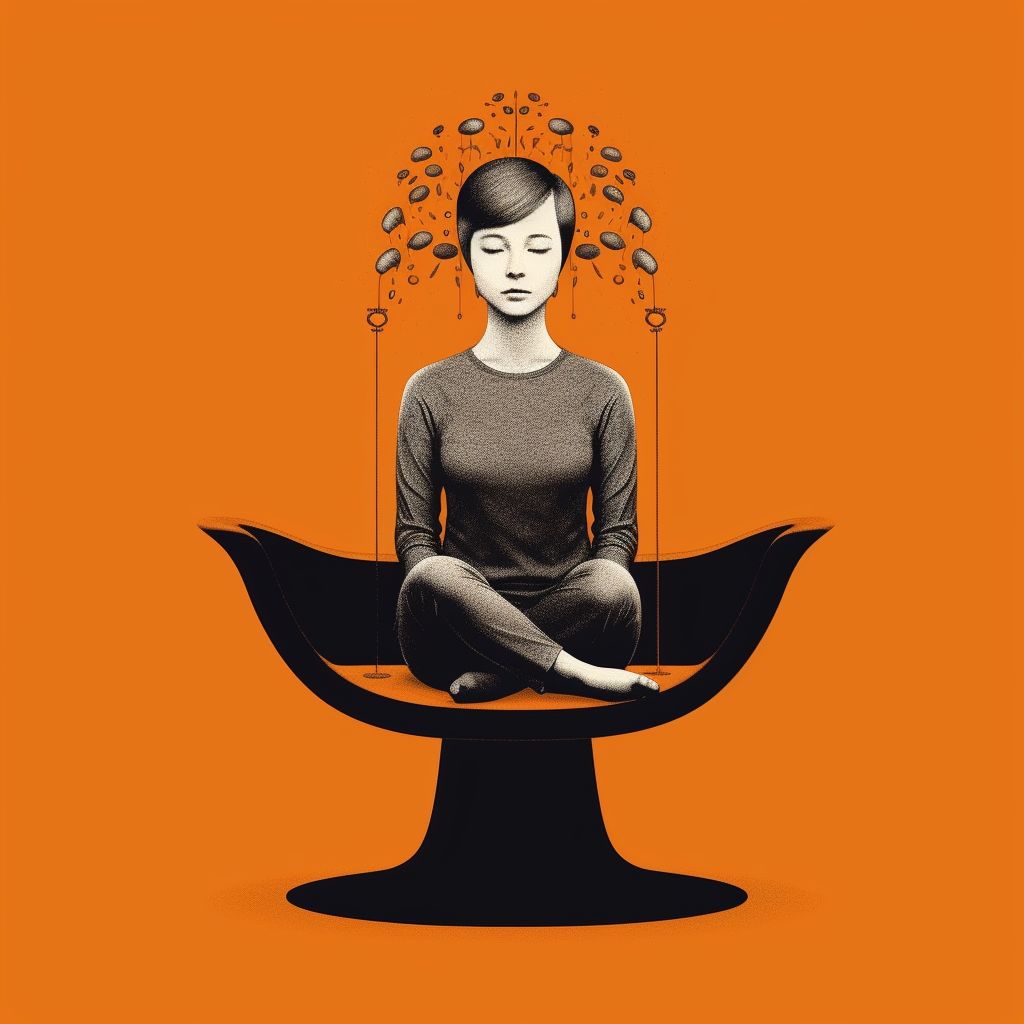
Obsessive-Compulsive Disorder (OCD) is a prevalent and debilitating mental health condition that affects millions of people worldwide. According to the World Health Organization (WHO), OCD is ranked as one of the top 20 causes of illness-related disability. It is estimated that approximately 2-3% of the global population suffers from OCD during their lifetime (WHO, 2017). While OCD is commonly associated with repetitive physical rituals such as excessive handwashing or checking, it also encompasses a lesser-known yet equally distressing aspect: OCD Mental Rituals.
In this article, we will explore OCD Mental Rituals in depth, backed by reliable sources and scientific evidence. By drawing upon reputable studies and expert opinions, we aim to provide a comprehensive understanding of this critical aspect of OCD.

What Are OCD Mental Rituals?
Obsessive-Compulsive Disorder (OCD) is a chronic and often debilitating mental health condition characterized by the presence of obsessions and compulsions. Obsessions are intrusive, distressing, and repetitive thoughts, images, or urges that create intense anxiety. Compulsions, on the other hand, are repetitive behaviors or mental acts that individuals feel compelled to perform to alleviate the distress caused by their obsessions. The hallmark of OCD is the distressing cycle of obsessions and compulsions, which can significantly impair daily functioning and quality of life.
OCD is a heterogeneous disorder, meaning it can manifest in various forms and intensities. While physical rituals like washing, counting, or checking are well-known examples, it is essential to recognize that OCD can also involve mental rituals, which are less visible but equally distressing.
Physical and Mental Rituals
Physical rituals in OCD are observable actions performed in response to obsessions. They often include repetitive behaviors such as excessive handwashing, arranging objects symmetrically, or repeatedly checking locks. These rituals are apparent to others and are usually the focus of media portrayals of OCD.
In contrast, mental rituals involve covert cognitive activities that individuals perform to neutralize distressing thoughts or prevent feared outcomes. These mental rituals can be challenging to detect as they take place entirely within the individual’s mind. Examples of mental rituals include silent counting to a specific number to ward off a perceived threat or mentally reciting prayers to alleviate anxiety.

How OCD Mental Rituals Manifest in Thoughts and Behaviors: OCD Mental Rituals Examples
OCD Mental Rituals manifest through intricate thought patterns and cognitive strategies. When individuals experience distressing obsessions, they may engage in mental rituals as a way to cope with the anxiety provoked by these thoughts. Mental rituals often involve attempts to suppress, neutralize, or replace the obsessive content with alternative, less distressing thoughts.
For instance, if someone experiences intrusive thoughts about harming others, they might engage in repetitive mental review to ensure they have not acted on these thoughts. Alternatively, they might mentally recite specific phrases to themselves as a way to counteract the distress caused by the obsessions. These mental rituals can become entrenched, leading to increased anxiety and a cycle of compulsive mental behaviors.
Causes and Triggers of OCD Mental Rituals
Here are some of the causes of OCD mental rituals:
Genetic Factors and Heritability of OCD
Research has consistently demonstrated that OCD has a strong genetic component, and individuals with a family history of the disorder are at a higher risk of developing it themselves. Twin studies have shown that the concordance rate for OCD is higher in identical twins (around 70%) compared to fraternal twins (around 30%), indicating a significant genetic influence (Pauls, 2010). However, it is essential to note that genetics do not solely determine the development of OCD; rather, they interact with environmental factors to contribute to the manifestation of the disorder.
Neurobiological Basis of OCD Mental Rituals
The neurobiological basis of OCD involves complex interactions between various brain regions, neurotransmitters, and neural pathways. Neuroimaging studies have identified abnormal activity in the cortico-striato-thalamo-cortical (CSTC) circuit, a brain network responsible for regulating thoughts and behaviors. Dysfunction within this circuit is thought to play a crucial role in the development and maintenance of OCD symptoms, including mental rituals (Graybiel & Rauch, 2000).
Environmental and Psychological Triggers for the Development of Mental Rituals
While genetic and neurobiological factors provide a foundation for the development of OCD, environmental and psychological triggers can significantly influence the expression and severity of mental rituals.
- Stressful Life Events: Traumatic or stressful life events, such as loss, abuse, or major life changes, can trigger or exacerbate OCD symptoms, including the engagement in mental rituals (Mataix-Cols et al., 2010).
- Learned Behavior: Individuals may develop mental rituals as a learned response to cope with distressing situations. For instance, if a person experiences temporary relief from anxiety after performing a mental ritual, they may be more likely to repeat that behavior in the future (Craske et al., 2014).
- Cognitive Biases: Certain cognitive biases, such as cognitive inflexibility or excessive responsibility, may contribute to the development and persistence of mental rituals in OCD (Rachman, 1993).
- Family Environment: Family dynamics and parenting styles can influence the development of OCD symptoms, including mental rituals, in susceptible individuals (Albert et al., 2010).
It is crucial to understand the interplay between genetic, neurobiological, environmental, and psychological factors in the development of OCD Mental Rituals. Such knowledge can inform the development of more targeted and effective interventions to help individuals manage their OCD symptoms and improve their quality of life.
Common Types of OCD Mental Rituals
OCD Mental Rituals encompass a wide range of cognitive activities that individuals engage in to cope with distressing obsessions. These rituals are often performed mentally, making them less noticeable to others but equally distressing and time-consuming for those experiencing them. Understanding the various types of OCD Mental Rituals can shed light on the diversity of manifestations within the disorder and aid in effective treatment approaches.
Checking Rituals: Persistent Doubt and the Need to Repeatedly Check Things Mentally
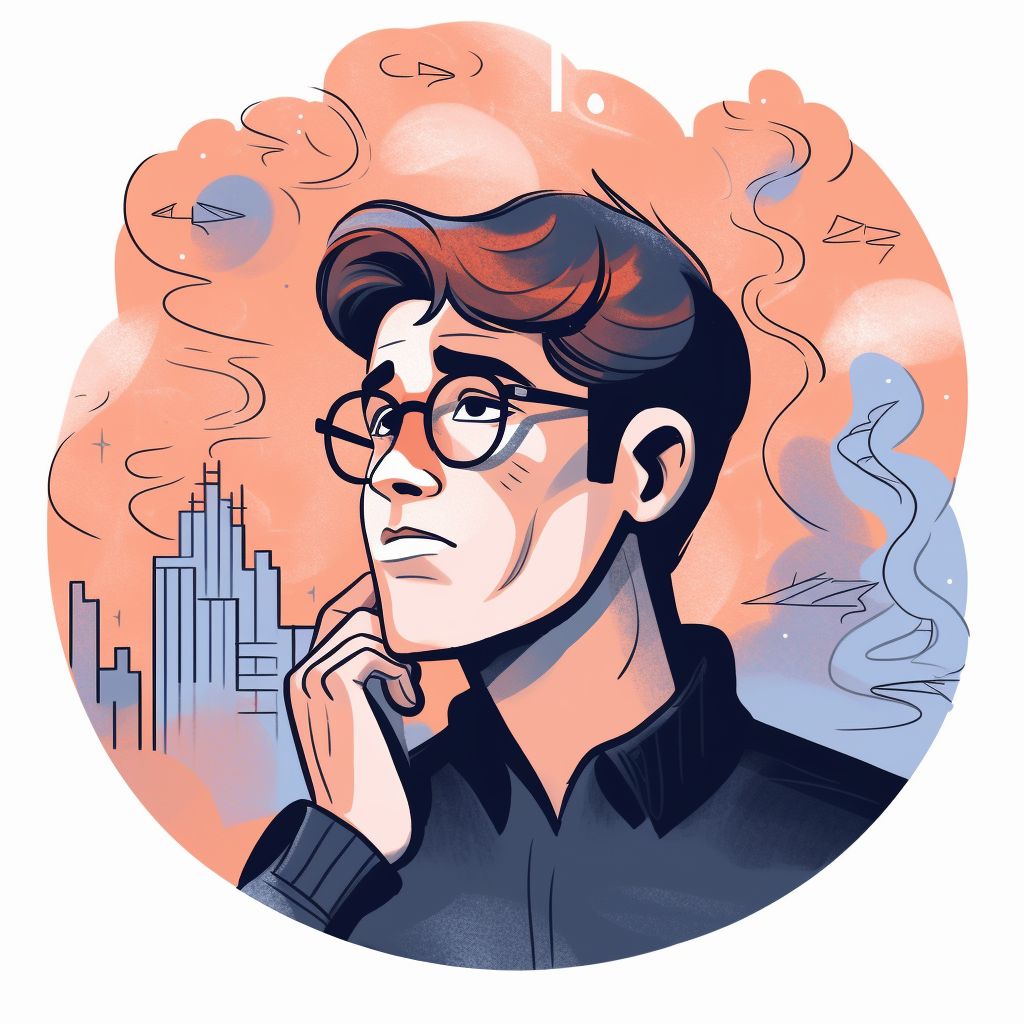
Checking rituals involve individuals experiencing intrusive doubts and fears about potential harm or negative consequences. To alleviate their anxiety, they engage in mental checks, repeatedly reviewing past actions or situations in their minds to ensure that they have not made a mistake or caused harm. For instance, someone with OCD may mentally review whether they turned off the stove multiple times, even though they are certain they did so.
Counting and Sequencing Rituals: Compulsive Mental Counting and Ordering of Thoughts
Counting and sequencing rituals manifest as a compulsion to mentally count or order thoughts, numbers, or actions in a specific manner. This type of mental ritual is often performed to achieve a sense of symmetry, order, or “just right” feeling. For example, an individual might mentally count to a specific number or repeat a series of thoughts until they feel a sense of completeness or relief from anxiety.
Intrusive Thought Rituals: Repetitive, Distressing Thoughts Leading to Mental Rituals for Relief
Intrusive thought rituals involve experiencing distressing and intrusive thoughts that go against an individual’s core values or beliefs. To cope with the discomfort caused by these thoughts, individuals may engage in mental rituals, such as silently repeating certain phrases or engaging in mental prayers to counteract the distressing content.
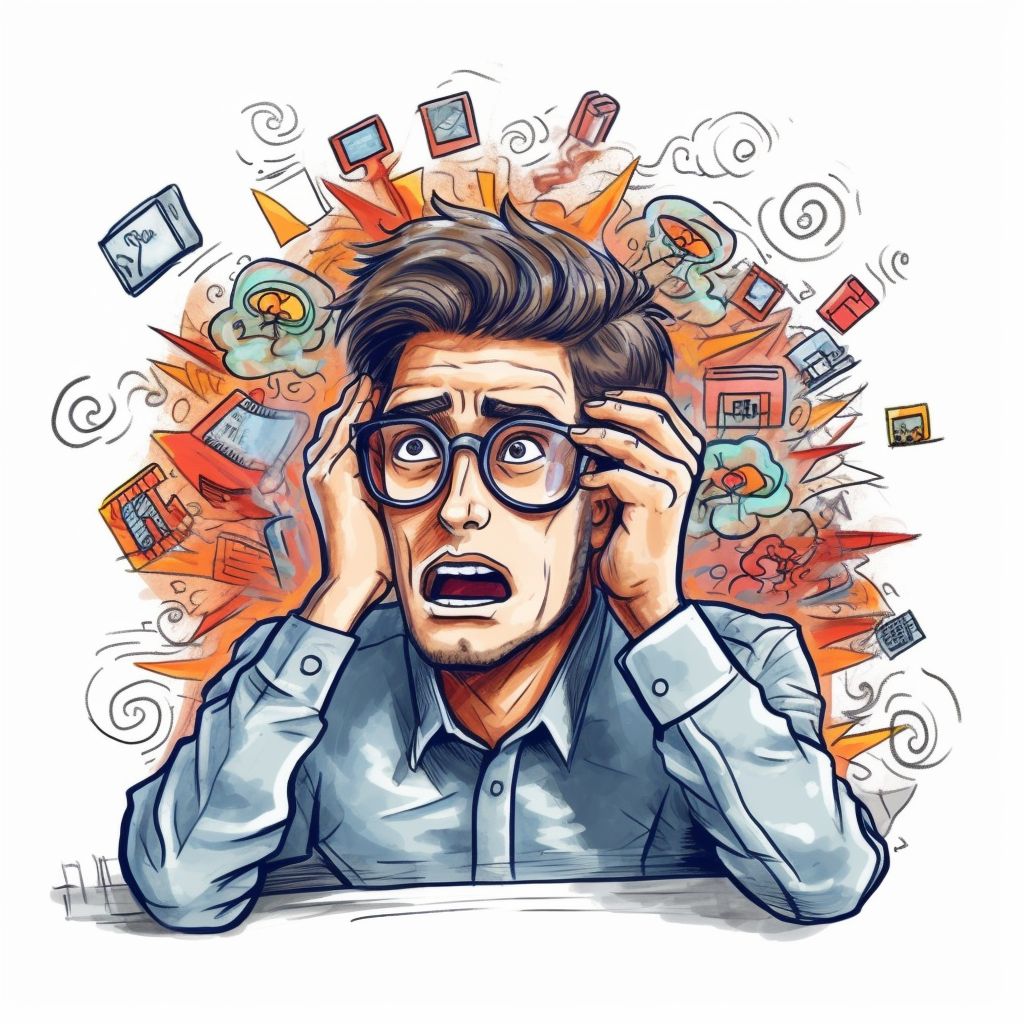
Rumination and Reassurance-Seeking: Endless Mental Reviewing and Seeking Assurance
Rumination and reassurance-seeking are mental rituals in which individuals repeatedly analyze and review past events or thoughts, seeking reassurance or certainty about their actions or circumstances. This mental compulsion perpetuates the cycle of doubt and anxiety, as seeking reassurance provides only temporary relief.
Moral and Religious Obsessions: Persistent Thoughts about Morality and Corresponding Rituals
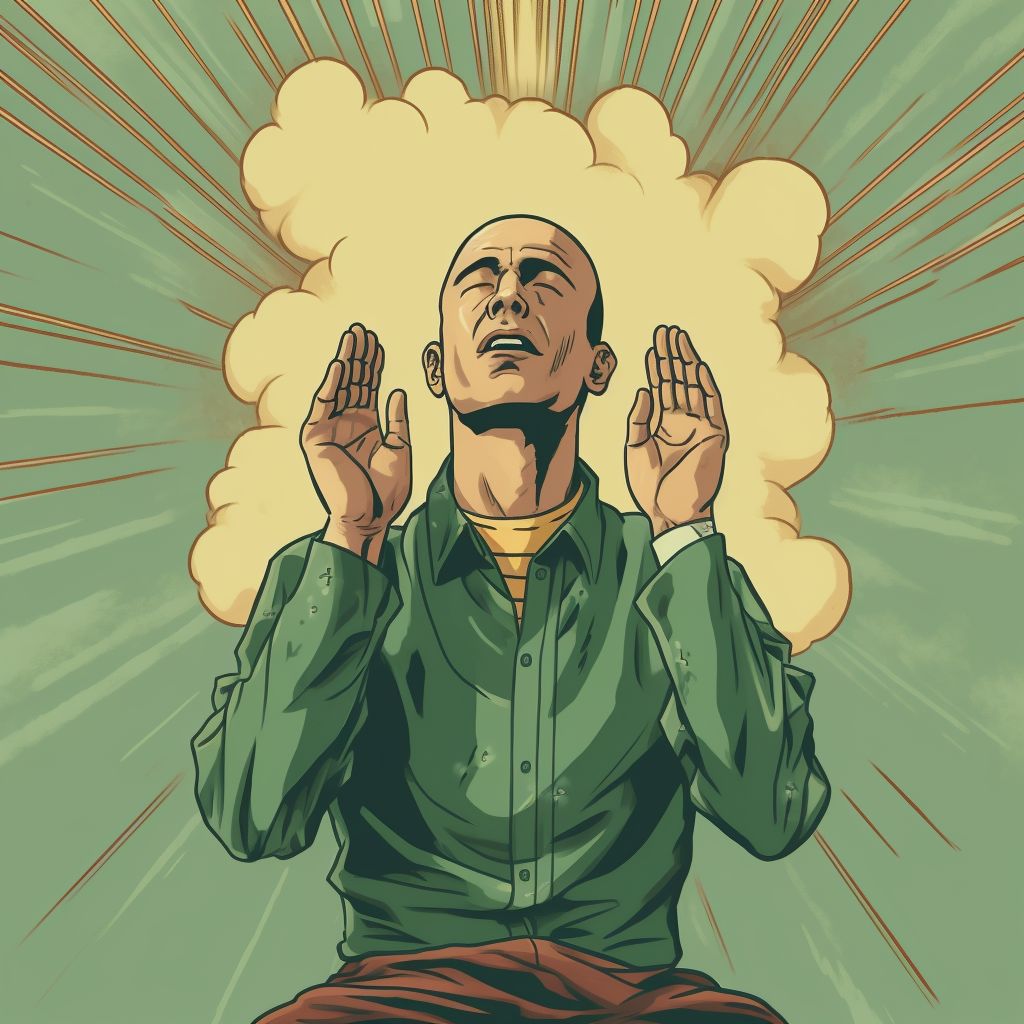
Moral and religious obsessions involve distressing thoughts related to morality, ethics, or religious beliefs. People experiencing this type of mental ritual may engage in excessive mental analysis of their actions or intentions to ensure they are in line with their moral or religious principles.
Impact of OCD Mental Rituals on Daily Life
OCD Mental Rituals can have profound and far-reaching effects on individuals’ daily lives, affecting various aspects of functioning and well-being. Understanding the impact of these mental rituals is essential for recognizing the severity of the disorder and providing appropriate support and treatment.
Interference with Daily Functioning and Productivity
One of the most noticeable effects of OCD Mental Rituals is their interference with daily functioning and productivity. The time-consuming nature of these rituals can disrupt daily routines, making it challenging for individuals to complete tasks efficiently. Simple activities, such as getting ready in the morning, preparing meals, or leaving the house, can become prolonged and demanding due to the need to perform mental rituals repeatedly. This can lead to increased frustration and a sense of helplessness in managing daily responsibilities.
Effects on Personal Relationships and Social Interactions
OCD Mental Rituals can significantly strain personal relationships and social interactions. Individuals with OCD may find it challenging to engage fully in social activities due to the preoccupation with mental rituals. They may avoid certain situations or events that trigger obsessions, limiting their participation in social gatherings or outings. Moreover, the need to perform mental rituals during social interactions can lead to increased anxiety and withdrawal, making it difficult to connect with others on a deeper level. This isolation and reduced social engagement can have negative consequences for overall well-being and sense of belonging.
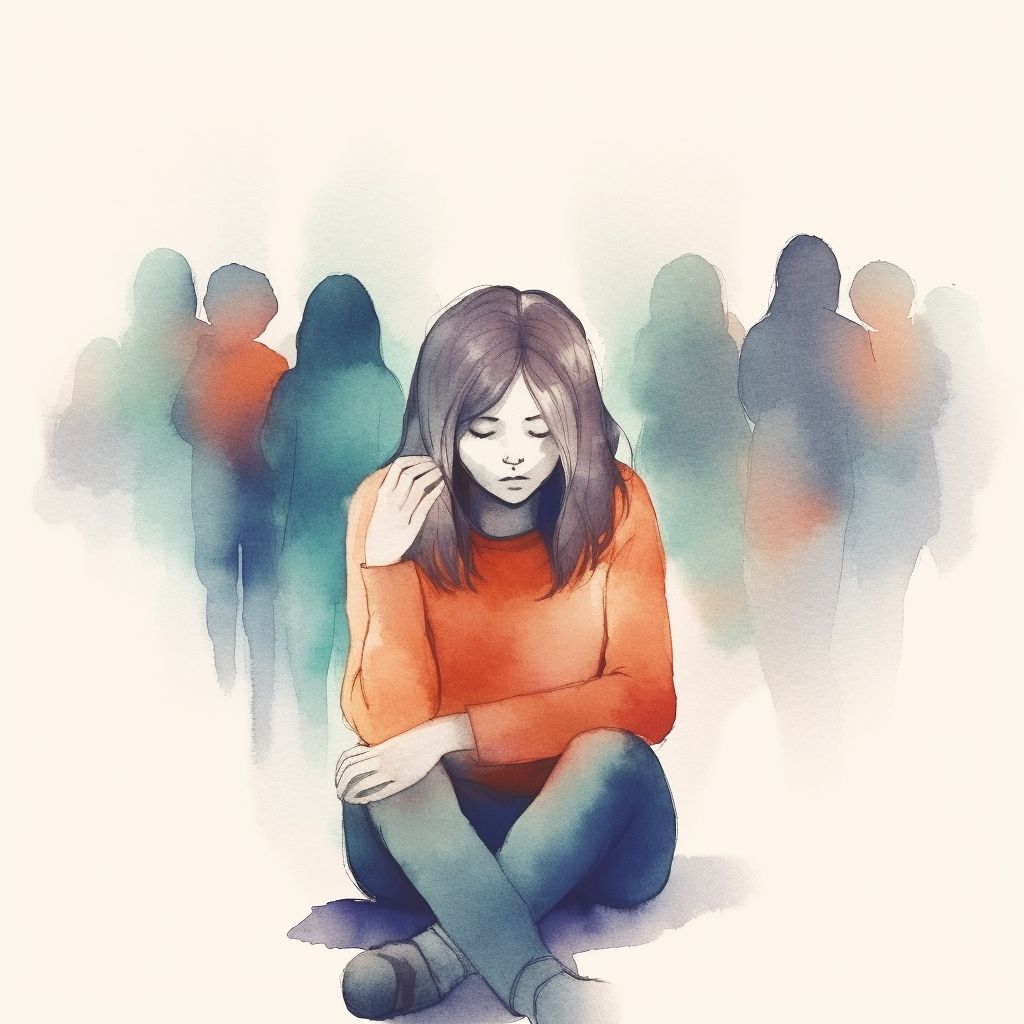
Emotional Distress and Its Toll on Mental Health
The relentless cycle of obsessions and mental rituals can lead to significant emotional distress for individuals with OCD. The anxiety and fear caused by intrusive thoughts, combined with the temporary relief provided by mental rituals, perpetuate a cycle of heightened emotional arousal. This chronic distress can lead to feelings of frustration, sadness, and hopelessness. Over time, untreated OCD Mental Rituals can contribute to the development of comorbid conditions, such as depression and anxiety disorders, exacerbating the overall burden on mental health.
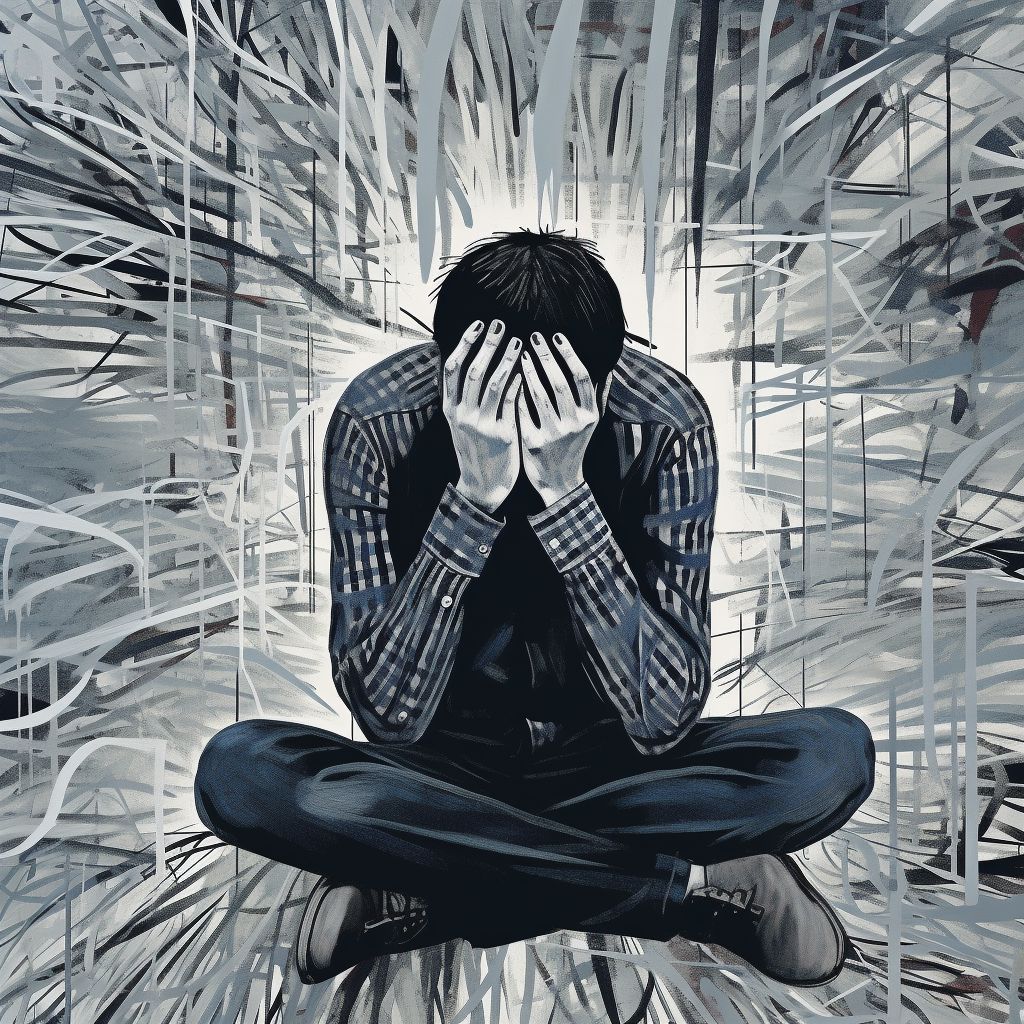
Recognizing and Diagnosing OCD Mental Rituals
Identifying OCD Mental Rituals is essential for accurate diagnosis and appropriate intervention. While these rituals are not as outwardly evident as physical compulsions, there are several signs and symptoms that may indicate their presence:
- Intrusive Thoughts: Persistent and distressing thoughts, images, or urges that create anxiety or discomfort.
- Compulsive Mental Activities: Engaging in repetitive cognitive behaviors or mental acts to alleviate anxiety caused by intrusive thoughts.
- Sense of Urgency: Feeling compelled to perform mental rituals to prevent feared outcomes or reduce distress immediately.
- Mental Rehearsal: Constantly reviewing past events, conversations, or actions in the mind to ensure correctness or safety.
- Counting and Ordering Thoughts: Mentally counting or arranging thoughts in a specific manner for a sense of completeness or symmetry.
- Need for Reassurance: Seeking constant reassurance or mental validation to alleviate doubts and fears.
- Avoidance of Triggers: Avoiding situations, people, or places that may trigger intrusive thoughts and the subsequent mental rituals.
Given the overlapping symptoms with other mental health conditions, it is crucial to conduct a differential diagnosis to distinguish OCD Mental Rituals from other disorders. Conditions that may share similar symptoms include:
- Generalized Anxiety Disorder (GAD): GAD involves excessive worry and anxiety about various aspects of life, but without the specific obsessions and mental rituals seen in OCD.
- Social Anxiety Disorder (SAD): SAD is characterized by intense fear or avoidance of social situations, while OCD Mental Rituals are typically driven by intrusive thoughts and the need to perform compulsive mental acts.
- Body Dysmorphic Disorder (BDD): BDD is marked by obsessive preoccupation with perceived flaws in physical appearance, which may lead to repetitive mental behaviors related to appearance, but not necessarily driven by intrusive thoughts.
- Post-Traumatic Stress Disorder (PTSD): PTSD involves intrusive and distressing thoughts related to a traumatic event, but mental rituals in OCD are not limited to a specific traumatic event and can be triggered by various obsessions.
The Role of Healthcare Professionals in Accurate Diagnosis
Accurate diagnosis of OCD Mental Rituals requires the expertise of healthcare professionals, particularly mental health specialists such as psychiatrists, psychologists, or licensed therapists. These professionals employ standardized diagnostic criteria, such as those outlined in the Diagnostic and Statistical Manual of Mental Disorders (DSM-5), to assess the presence of OCD and its mental rituals.
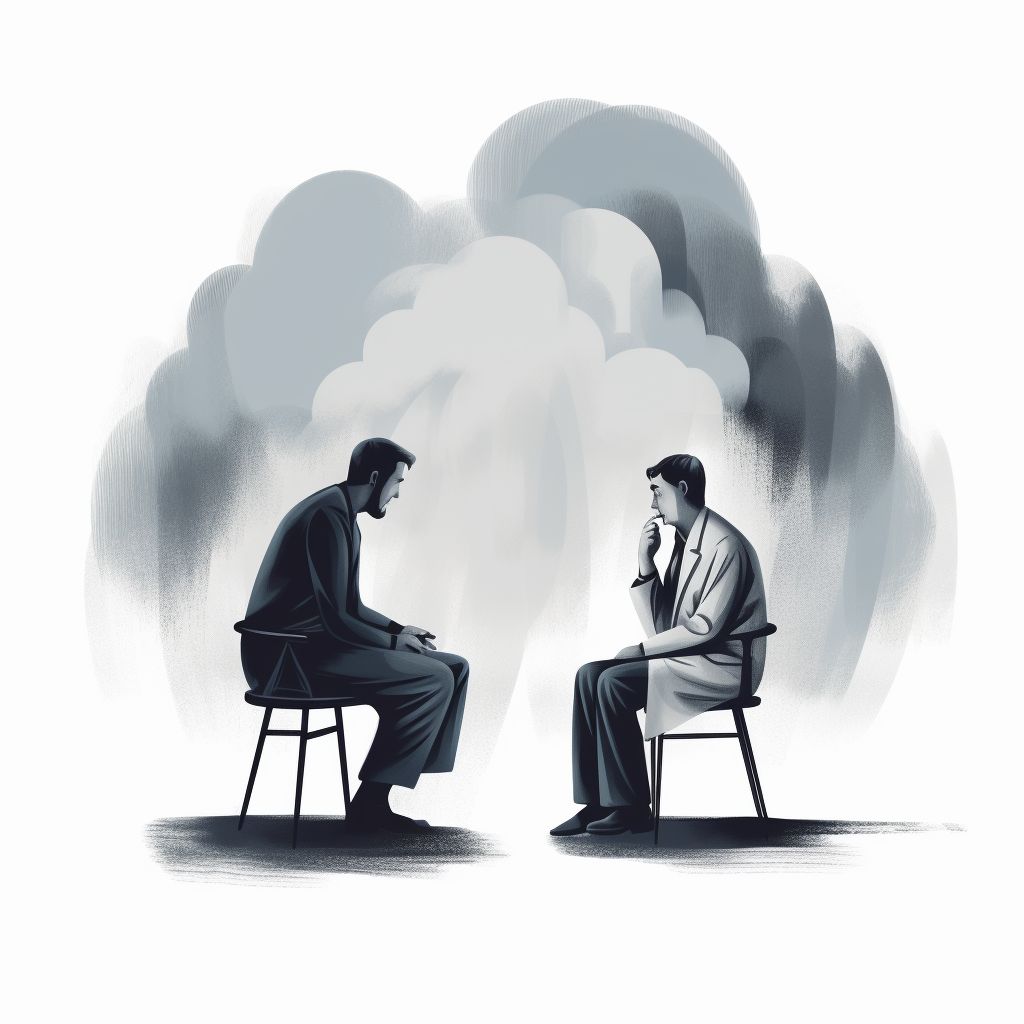
How to Get Rid of OCD Rituals?
Effective treatment of OCD Mental Rituals involves evidence-based therapeutic approaches that target both the obsessions and the corresponding mental rituals. These interventions have shown promising results in helping individuals manage their symptoms and improve their overall quality of life.
Cognitive Behavioral Therapy (CBT) and its Variants
Cognitive Behavioral Therapy (CBT) is a widely recognized and effective therapeutic approach for OCD, including its mental rituals. CBT aims to identify and modify dysfunctional thought patterns and behaviors by challenging irrational beliefs and replacing them with more adaptive ones.
Exposure and Response Prevention (ERP), a specific variant of CBT, is particularly effective in treating OCD Mental Rituals. ERP involves exposing individuals to distressing obsessions without engaging in the corresponding mental rituals (responses). This exposure allows individuals to confront their fears and learn that anxiety decreases over time without resorting to mental compulsions (National Library of Medicine).
Exposure and Response Prevention (ERP) as a Primary Therapeutic Approach
As mentioned earlier, ERP is a specialized form of CBT that involves gradually exposing individuals to situations or thoughts that trigger their obsessions. During exposure, individuals are encouraged to refrain from engaging in mental rituals or physical compulsions. This process helps to break the cycle of anxiety and compulsion, leading to habituation and reduced anxiety over time.
ERP can be conducted in various formats, such as in vivo (real-life) exposures or imaginal exposures (confronting feared thoughts). Therapists work collaboratively with individuals to develop a personalized hierarchy of feared situations and thoughts, gradually progressing through exposure exercises based on their anxiety levels.
Medication Options for Managing OCD and Mental Rituals
Medication can be a valuable adjunct to therapy in managing OCD Mental Rituals, particularly for individuals with severe or treatment-resistant symptoms. Selective Serotonin Reuptake Inhibitors (SSRIs), such as fluoxetine, fluvoxamine, and sertraline, are the first-line medications prescribed for OCD. These medications can help alleviate anxiety and reduce the frequency and intensity of obsessions and mental rituals.
In some cases, when SSRIs alone are insufficient, doctors may consider augmenting treatment with atypical antipsychotic medications, such as risperidone or quetiapine, to target specific OCD symptoms.
The Importance of Seeking Professional Help and Support Groups
Seeking professional help from mental health specialists, such as psychiatrists, psychologists, or licensed therapists, is vital for individuals struggling with OCD Mental Rituals. These professionals can provide accurate diagnosis, design personalized treatment plans, and guide individuals through evidence-based interventions like ERP and CBT.
In addition to professional support, participating in support groups can be beneficial for individuals with OCD. Support groups offer a sense of community, understanding, and shared experiences, reducing feelings of isolation and stigma surrounding OCD and its mental rituals.

how to stop mental rituals OCD: Self-Help Strategies
While professional treatment is essential for managing OCD Mental Rituals, individuals can also incorporate self-help strategies into their daily lives to complement therapeutic interventions and improve their overall well-being. These strategies empower individuals to take an active role in coping with their OCD symptoms and reduce the impact of mental rituals on their daily functioning.
- Identifying Triggers and Challenging Obsessive Thoughts
- Mindfulness and Relaxation Techniques to Manage Anxiety
- Creating a Structured Daily Routine and Setting Achievable Goals
While self-help strategies can be valuable in coping with OCD Mental Rituals, individuals should remember that professional treatment is essential for comprehensive care. Combining self-help techniques with evidence-based therapies can lead to more significant improvements in managing OCD symptoms and enhancing overall well-being.
HealWiser’s Last Piece of Advice
OCD Mental Rituals are a fundamental aspect of Obsessive-Compulsive Disorder, significantly impacting daily life and emotional well-being. Seeking professional help, embracing evidence-based treatments, and fostering a supportive and empathetic community can pave the way towards better management of OCD and reducing the burden of mental rituals on individuals’ lives. As we continue to progress in research and understanding, let us strive for a future that embraces inclusivity and compassion for those affected by OCD and its manifestations.
By fostering a compassionate and informed society, we can create an environment where individuals with OCD feel empowered to seek help, find understanding, and achieve meaningful progress in managing OCD Mental Rituals and other symptoms.
Share your experience with HealWiser and others in the comments section below this post.






